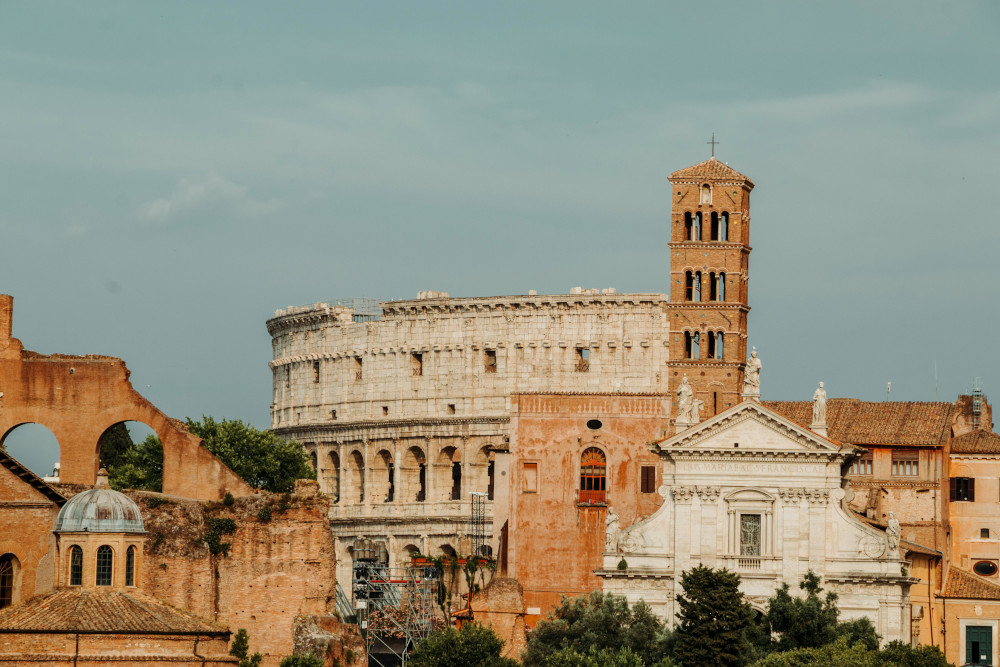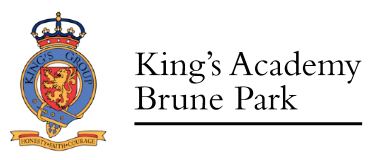Classical Civilisations
Department Overview
Classics sits within the Humanities department which is a large and enthusiastic department with five classrooms within a dedicated building for Humanities. The Classics department has two specialist teachers with a passion for the ancient world.
Students will have three lessons a week as a KS4 GCSE option that builds on learning students complete in KS3 History and English.
Classical Civilisation provides students with a broad, coherent and rewarding study of the culture of the classical world. They study elements of the literature and visual/material culture of Greece and Rome and develop an understanding of their social, historical and cultural contexts.
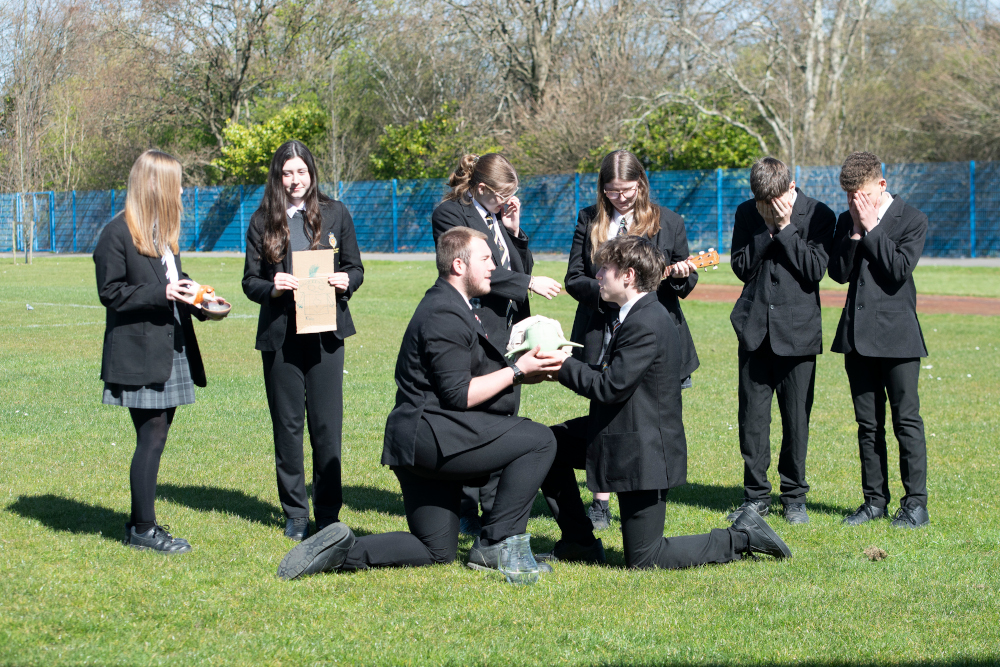
OCR KS4 Curriculum Overview
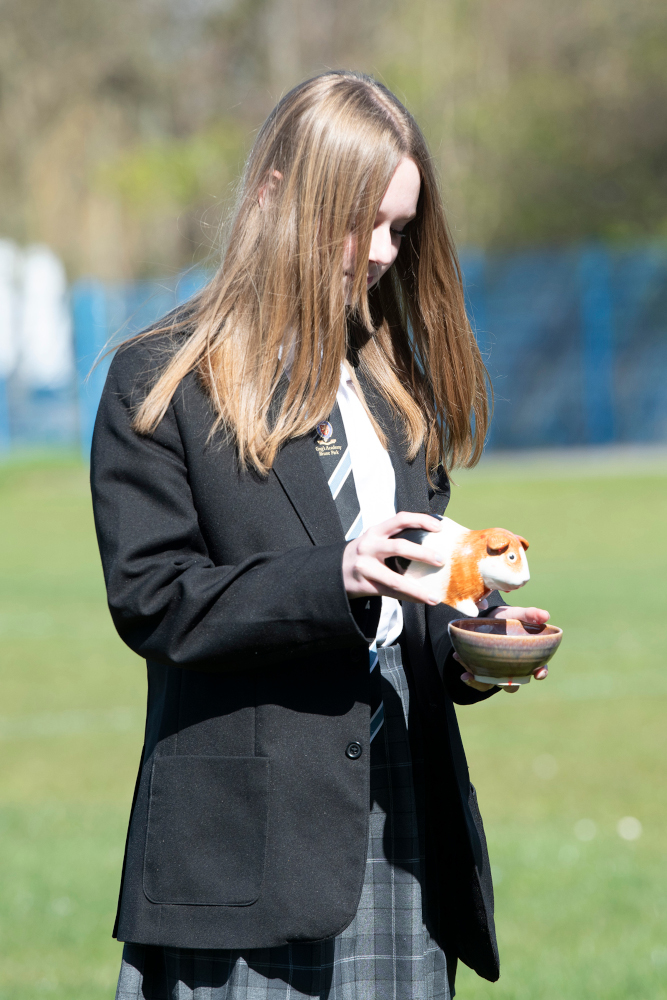
GCSE students follow the OCR Classical Civilisation J199 curriculum for the 9-1 GCSE. The Classical Civilisation GCSE is split into two different exam papers.
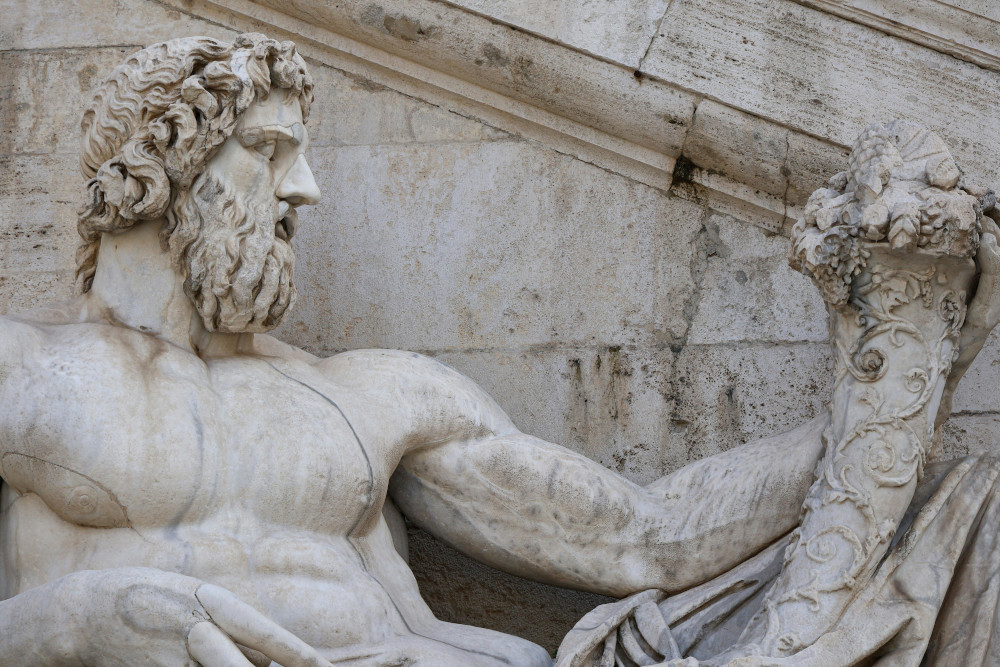
Component Group 1: Thematic Study – Myth and Religion
Component Group 2: Literature and Culture – Roman City life
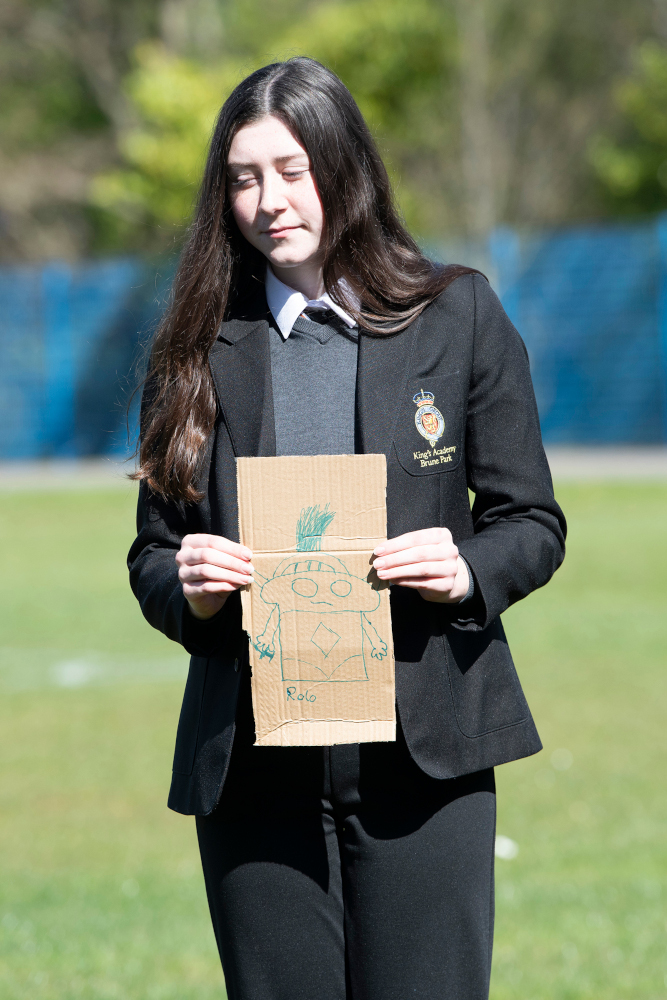
What do we study in Classical Civilisations?
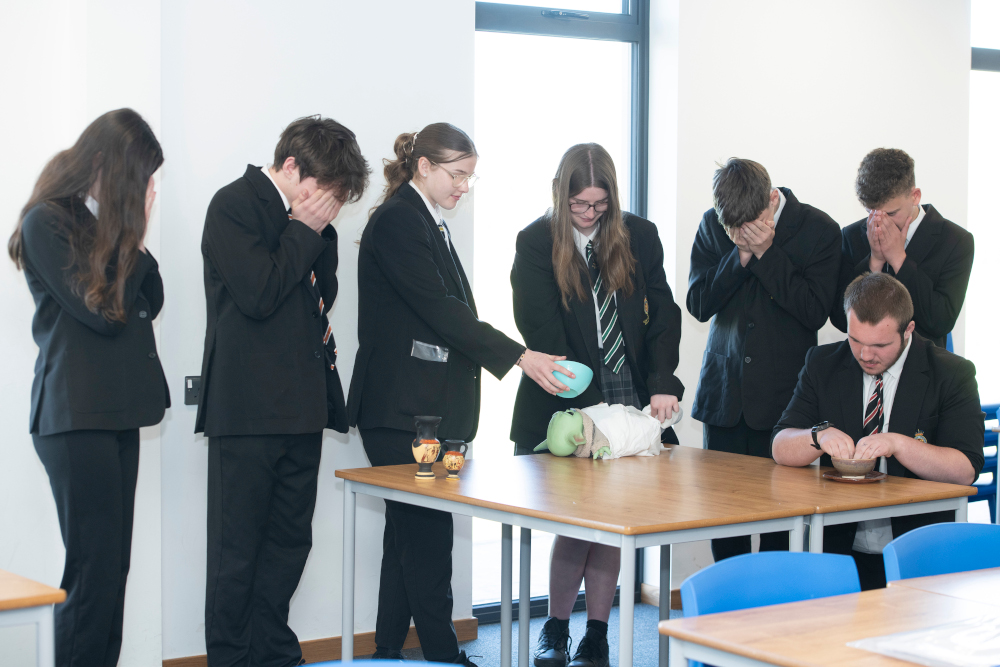
Myth and Religion: Study the myths regarding the role of the gods and heroes in the founding of Athens and Rome and the importance of Heracles/Hercules to both the Greek and Roman world.
We look at the role of religion in the everyday lives of ancient Greeks and Romans. Studying temples, sacrifice, festivals, death and beliefs in the afterlife.
We start this topic in September of Year 10 and complete it by the end of the Spring term.
Roman City Life: Explore everyday life in Roman cities by focusing on the Imperial period and popular sites and artefacts from Rome, Ostia, Pompeii and Herculaneum.
Learn what the lives and education of young people in the Roman world was like, where did the rich and poor live and what spectacles and events they had for entertainment.
We start this topic in Spring of Year 10 and complete it by Christmas in Year 11. The Spring term is then dedicated to revision to help prepare our students for their examinations in the Summer.
